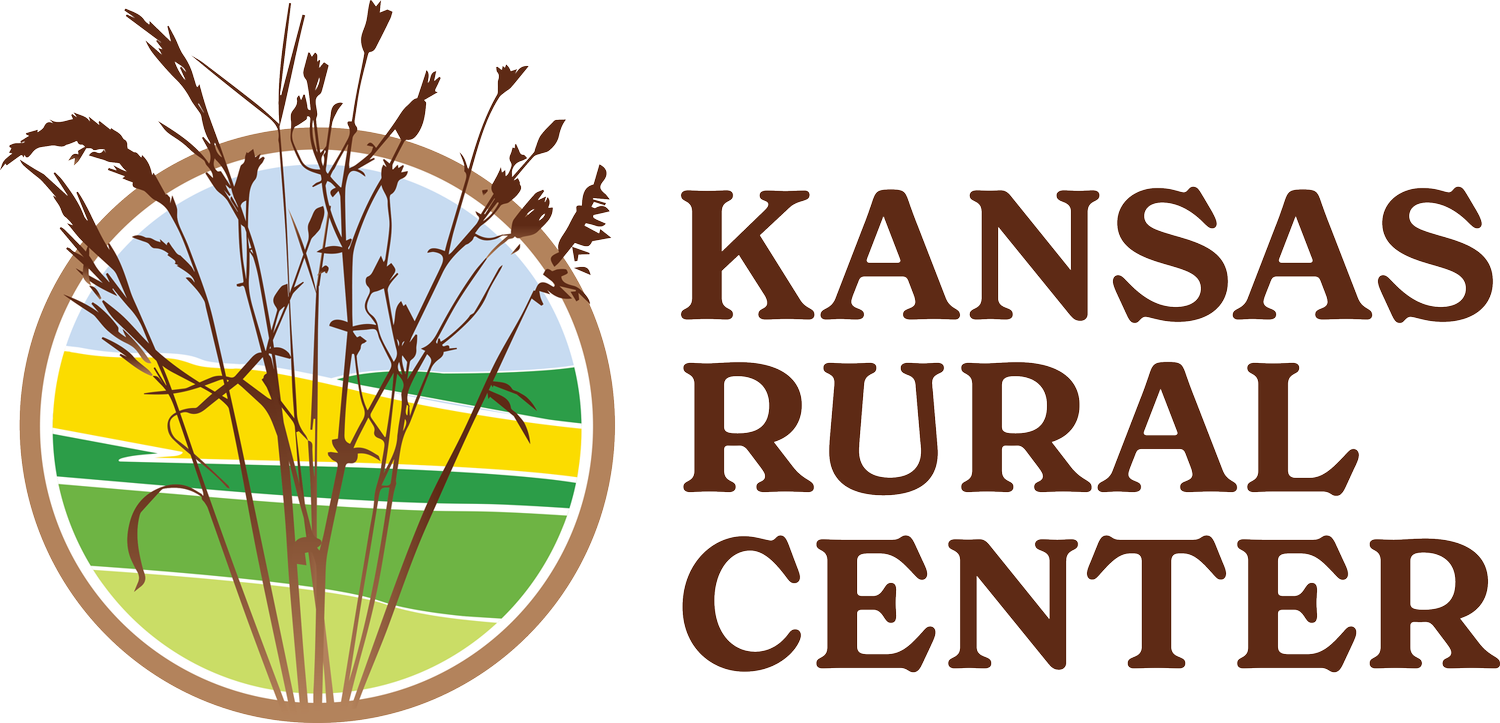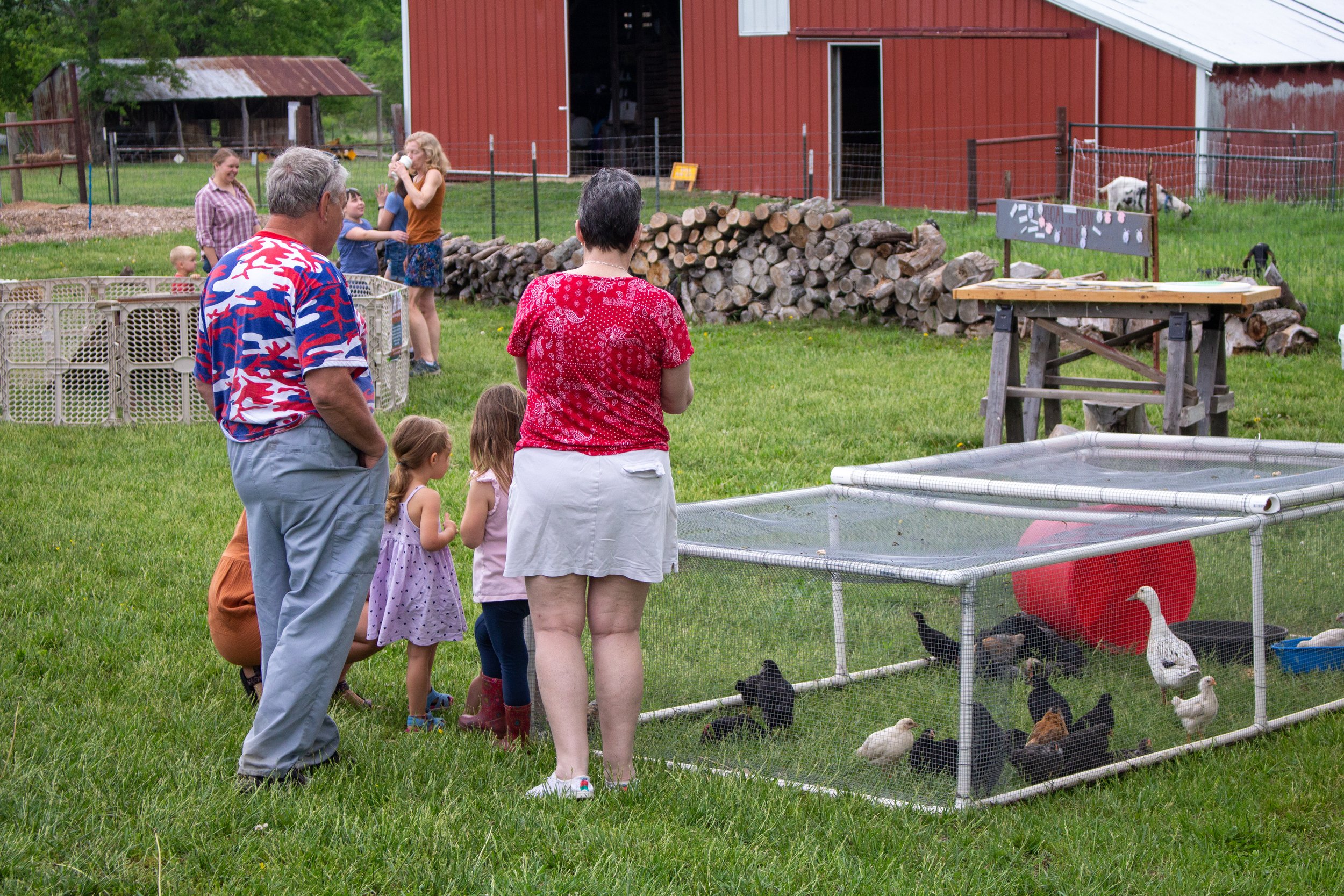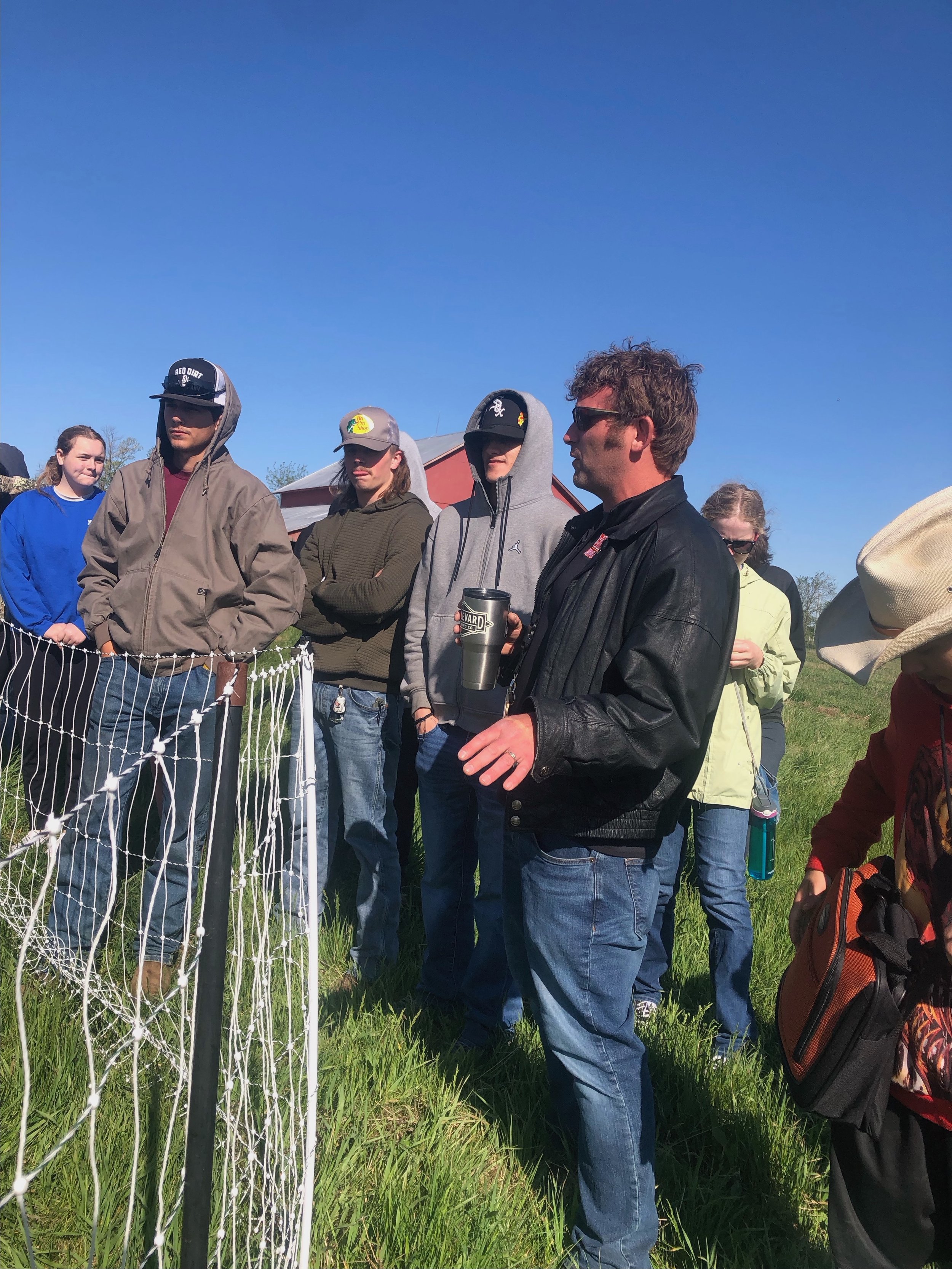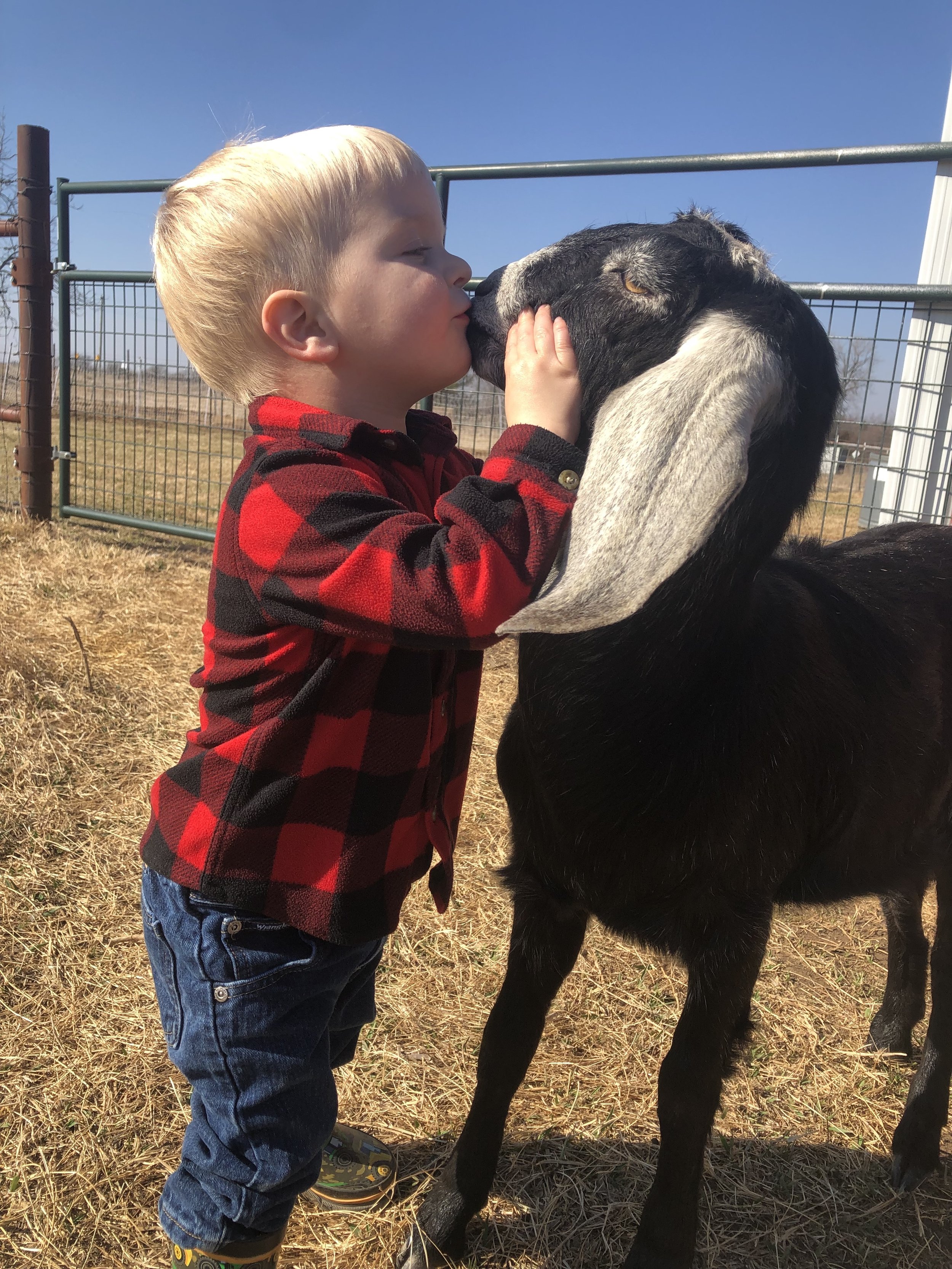Grace Heritage Farm
Sarah Easdon and Family
Farming takes many forms, which has been the case for my family through generations. My great-grandmother grew up on a homestead with twelve siblings. My grandparents both farmed on their family farms until they married and started their own. My parents hobby-farmed and eventually plunged into commercial goat ranching. That brings us to now with Grace Heritage Dairy and my family.
I’d never proclaim to be a self-made person. With agricultural backgrounds and experimenting minds, family get-togethers often center around someone’s farm project or brainstorming farm solutions. We laugh, talk, and work together. The last time we worked livestock together, we jokingly observed that “today nobody got mad!” You who have worked livestock know precisely what I’m talking about.
I often get the question, “Why goats?” My response is, “Why not goats?” My grandparents introduced goats to their farm as a way to nurse Holstein bottle calves they purchased from a local dairy. It was one of the several plans implemented to save their farm from bankruptcy, and it worked. My mom turned the dairy goat herd into her primary 4-H project and showed goats around the state. When my parents were married, the goats were part of the deal. It wasn’t long before the dairy goats were bred to meat goats to meet local demand better. I kept a dairy goat herd remnant for my 4-H project. Second verse, same as the first: when my husband and I were married, the goats were part of the deal. The pandemic changed a lot of things for a lot of people, including us. It was the catalyst for me to stay home full-time. I was most concerned about losing connections to meet people in the area, so I figured I’d put a sign out in the yard. Guess what? People came.
Today, Grace Heritage Dairy provides raw milk and handmade goat cheese from the farm. Kansas laws require we sell raw products directly off of the farm as opposed to providing meet-up or delivery options, which has provided challenges of its own. We invested in agritourism activities, and not the overpopulated, commercialized ones! The experiences provided on our farm are genuine. We want visitors who come to leave having felt like they were able to actually do something. No question is too silly. Mistakes happen. We learn together. New to our farm this past spring were classes to empower people to care for their own goats and barn quilt classes for others to simply enjoy the 4-legged kids. Twice a year, we join the Miami and Linn County farm tours for visitors to stop by.
In the midst of all of this, there is one “elephant in the room” that needs to be addressed. Our farm is nine acres. Is that even enough to consider it a real farm? I’ve struggled with this. I have come to a few conclusions, though: 1) If it makes products for others and does so profitably, it is a farm, and 2) being shackled to insane amounts of debt is not a goal of mine. We’ve had to get creative in land access and community relationships to work with this. The primary solution has been gracious relationships with our neighbors. Immediately around Grace Heritage Dairy are primarily horses and cattle, whose forage options differ greatly from that of goats. By building relationships with our neighbors and sharing pasture ground, our goats increase forage access, and our neighbors have improved pasture quality for their livestock. It’s a creative win-win for all!
As we look toward the future, we are in the process of rebranding to Grace Heritage Farms. We are currently breeding a meat herd from our dairy herd to run concurrent herds. Customers have asked us to provide goats for their own personal slaughter, and we are able to meet that need. Our dairy will hold steady at its current size, serving milk and cheese clients by appointment. Agritourism opportunities will fluctuate with the interests of our community and the needs of our family.
The beauty of farming is the flexibility of schedule. On the one hand, going out of town during the milking season, even overnight, is very difficult. On the other hand, it is no trouble to help out a neighbor on any day, at any time. The natural seasons provide our farm and our family the opportunity to work long hours outdoors for part of the year and to enjoy more time inside together during the winter months. As the seasons change within the year, we also acknowledge how seasons change within life itself. Each season brings its own blessings, and we work with that. I look forward to the day when my young children grow and contribute their own ideas to the farm. I also mentally see the days they leave to start their own lives and that the farm model will change again. These seasons do not scare me or our family. We rest confident in the eternal hope of our Lord Jesus Christ. The farm is a gift for Him that we have the privilege to steward. It’s no surprise to us that everything could change in the blink of an eye, and we are well aware that everything we have here will pass away. But it’s the people! The souls of people do not ever pass away. What an honor it is to meet friends, neighbors, and visitors; what a gift it is to meet the needs of those around us; what a delight it is to share our lives with each other. Curious about any of it? Give us a holler, and we’ll arrange a time for you to stop on by!






